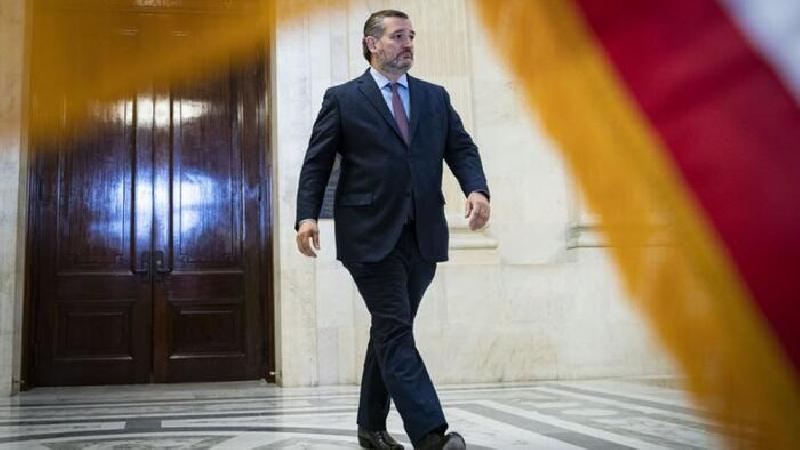The Supreme Court struck down a federal campaign-finance regulation limiting politicians from repaying loans above $250,000 from supporters more than three weeks after Election Day.
As The Wall Street Journal reported, at issue was a $260,000 loan Mr. Cruz, a Republican, made to his campaign in 2018 when he was locked in a down-to-the-wire race against Democratic candidate Beto O’Rourke.
The senator challenged a federal $250,000 cap on the reimbursement of a candidate’s personal loans with money his or her campaign receives after the election.
Lawyer Charles Cooper, representing Mr. Cruz at the high court, said the limits were an unlawful burden on political candidates’ free-speech rights that couldn’t be justified by government claims that the rules guarded against corrupt influence by donors.
The Justice Department, representing the Federal Election Commission, argued the government had legitimate anti-corruption interests in limiting the ability of candidates to be repaid with money that donors contribute to a political campaign after they know an election’s outcome.
The Supreme Court’s 6-3 ideological split sided with Senator Cruz with Chief Justice John Roberts explaining in his opinion for the court that “The question is whether this restriction violates the First Amendment rights of candidates and their campaigns to engage in political speech.”
“[T]here is no doubt that the law does burden First Amendment electoral speech, and any such law must at least be justified by a permissible interest,” he wrote.
“When the government restricts speech, the government bears the burden of proving the constitutionality of its actions,” Roberts wrote, quoting directly from the 2014 plurality opinion in McCutcheon v. FEC.
The government “is unable to identify a single case of quid pro quo corruption … even though most states do not impose a limit on the use of post-election contributions to repay candidate loans.”
The rule “burdens core political speech without proper justification.”
Justices Stephen Breyer, Elena Kagan and Sonia Sotomayor dissented.
Kagan wrote in her dissenting opinion that the Supreme Court was making a mistake.
“In striking down the law today the court greenlights all the sordid bargains Congress thought right to stop … In allowing those payments to go forward unrestrained, today’s decision can only bring this country’s political system into further disrepute.”
Kagan embraced the bribery argument advanced by the Biden administration.
“Repaying a candidate’s loan after he has won election cannot serve the usual purposes of a contribution: The money comes too late to aid in any of his campaign activities. All the money does is enrich the candidate personally at a time when he can return the favor—by a vote, a contract, an appointment.
“It takes no political genius to see the heightened risk of corruption—the danger of ‘I’ll make you richer and you’ll make me richer’ arrangements between donors and officeholders.”
The ruling adds to a line of recent Supreme Court rulings striking down campaign-finance restrictions as violating the First Amendment.
via zerohedge

